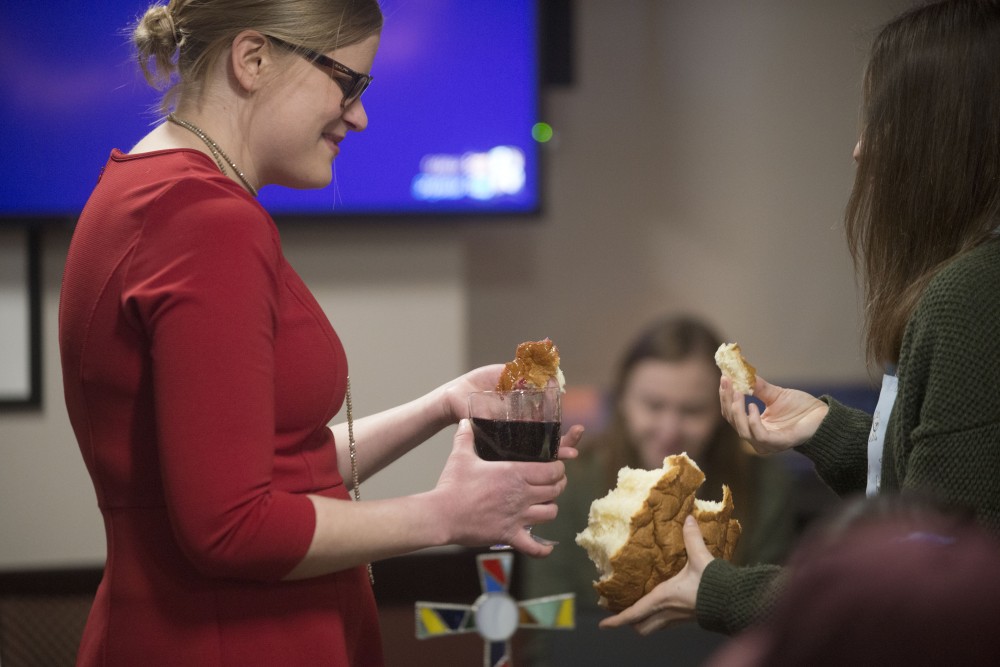The United Methodist Church General Conference decision to disallow LGBTQ individuals within the church last month has caused concern for many in the University of Minnesota’s Methodist community.
Historically, LGBTQ clergy and marriages have not been allowed in the UMC. However, there are wide discrepancies in how to adhere to these rules around the world. The choice of ordination or marriages are often left up to churches individually or by region. United Methodist Churches around the University, including Centennial UMC in St. Anthony Park, have been rocked by the decision, leaving many parishioners questioning the fate of the UMC.
Centennial is a reconciling ministry and queer-affirming church, meaning it supports the membership, ordination and marriages of those in the LGBTQ community.
“We don’t know the way forward for our church, but maybe it’s time for a creative way forward. Maybe it’s time for something new,” said Centennial Pastor Whitney Sheridan.
On Feb. 26, a special session of the UMC General Conference, which hosted more than 800 church delegates from around the world, was held in St. Louis, Missouri to address whether they would recognize same-sex marriages and/or ordain LGBTQ clergy.
Representatives in the UMC voted in support of the Traditional Plan, which they say adheres to the scriptural belief of marriage and sexuality, disallowing LGBTQ clergy and same-sex marriages.
No one is refused communion in the UMC, but there will now be harsher penalties for ordaining LGBTQ clergy, Sheridan said. If she were to officiate a same-sex marriage, she would lose pay for a year; if she officiated another same-sex marriage, she would be defrocked.
University members of the Wesley Foundation, a religious student organization affiliated with Centennial UMC, voiced concerns about the General Conference’s decision.
Fourth-year University student Lily Dunk is co-president of the Wesley Foundation and identifies as lesbian. She said she was disappointed in the General Conference decision, but the decision was a long time coming.
“The UMC has been talking about [LGBTQ rights] since the 1970s. We’ve tried to live together for 50 years, and it hasn’t been working,” Dunk said.
However, Dunk said the UMC’s decision will not impact the Wesley Foundation’s inclusion. “Wesley will not stop being affirming. We will cease to exist before we deny queer students,” she said.

According to Lauren Rheingans, campus minister for the Wesley Foundation, the decision was comparable to the 2016 presidential election because few expected the Traditional Plan to pass.
“What we’re feeling now, with this kind of uncertain time, is a lot of grief around … what we could have been,” Rheingans said. “We’re really, really divided in the world, especially in the U.S. [There] was a lot of the hope [that] this plan would be one step forward in keeping each other in conversation.”
However, Rheingans said she thinks the vote has forced UMC to take a harder stance on LGBTQ rights.
“You might have seen some churches that you might not have noticed before, but that are now looking for the biggest rainbow flags they can find,” Rheingans said.
Though Rheingans said she doesn’t think changes will happen overnight, she also said she doesn’t think there will ever be a wholly united UMC again.
“I’m not interested in being in a church where we are content saying that [LGBTQ] people are really harmed and suffering, and we’re just going to pretend that it’s not happening. I think this is grounds for something new,” she said.








